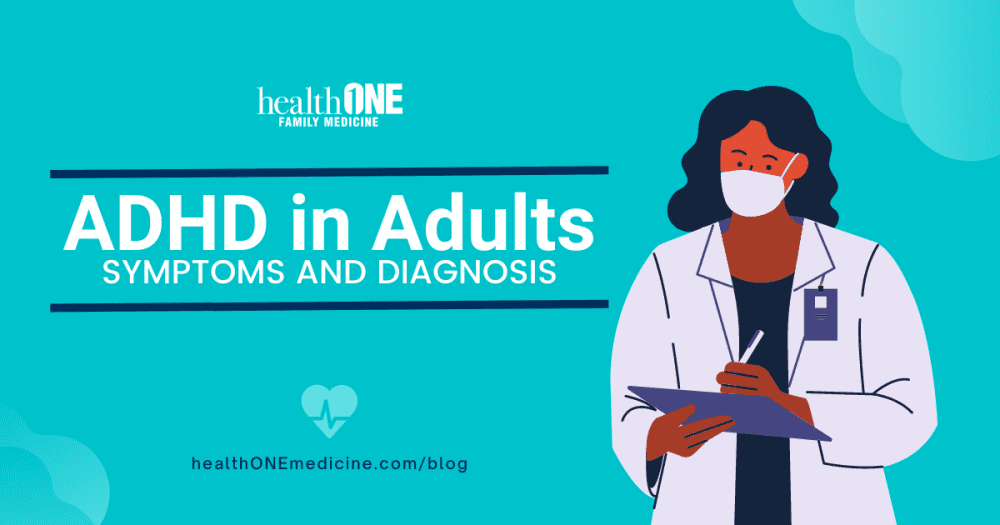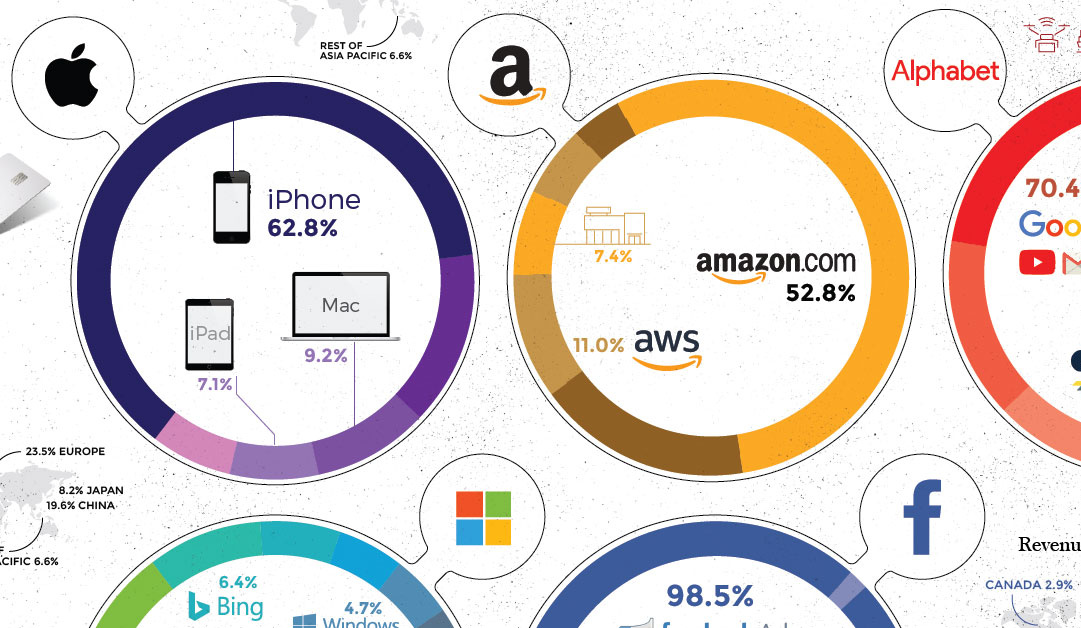Is It ADHD? 8 Under-Recognized Symptoms In Adults

Table of Contents
Beyond Hyperactivity: Understanding the Less Obvious Signs of Adult ADHD
Unlike the stereotypical image of a hyperactive child, ADHD in adults often presents differently. The classic hyperactive symptoms are less prevalent, with inattentive symptoms taking center stage. This makes diagnosis more challenging, leading to many adults remaining undiagnosed for years. Let's delve into some key indicators:
Persistent Difficulty with Organization and Time Management
- Chronic lateness: Consistently missing appointments or deadlines, even with reminders.
- Missed deadlines: Struggling to complete tasks on time, impacting work and personal life.
- Disorganized workspace: A cluttered and chaotic environment, hindering productivity.
- Trouble prioritizing tasks: Difficulty distinguishing between urgent and less important tasks.
- Difficulty planning: Struggling to organize and execute plans, both short-term and long-term.
The impact of poor organizational skills and time management extends far beyond inconvenience. It can lead to significant stress, missed opportunities, and strained relationships at work and home. Imagine constantly feeling behind, scrambling to catch up, and experiencing the resulting anxiety and frustration. This is a common experience for many adults with ADHD.
Emotional Dysregulation and Impulsivity
- Sudden mood swings: Experiencing rapid shifts in emotions, from euphoria to anger or sadness.
- Irritability: A heightened sensitivity to frustration and easily becoming agitated.
- Anger outbursts: Uncontrolled expressions of anger disproportionate to the situation.
- Impulsive spending: Making rash financial decisions without considering the consequences.
- Risky behaviors: Engaging in activities that could have negative repercussions, such as reckless driving or substance abuse.
Emotional dysregulation is a significant aspect of ADHD, often linked to difficulties in managing impulses and regulating emotions. The inability to control emotional responses can strain relationships and lead to feelings of self-doubt and inadequacy. Learning coping mechanisms like mindfulness and deep breathing exercises can be incredibly helpful in managing these symptoms.
Procrastination and Task Avoidance
- Consistent delaying of tasks: Putting off even important tasks until the last minute, often leading to stress and poor quality work.
- Feeling overwhelmed by tasks: Experiencing paralysis in the face of a large or complex task.
- Starting many projects but finishing few: Initiating multiple projects with enthusiasm but failing to complete them.
Procrastination in ADHD stems from a combination of factors: difficulty with task initiation, feeling overwhelmed by the task's complexity, and a struggle to maintain focus. However, effective strategies like breaking down large tasks into smaller, manageable steps and using time management techniques can significantly improve productivity.
The Subtler Signs Often Overlooked by Professionals and Individuals:
Problems with Working Memory and Focus
- Difficulty following conversations: Struggling to keep track of the flow of conversation, especially in group settings.
- Forgetting appointments: Frequently missing appointments or forgetting important events.
- Losing things frequently: Misplacing everyday items, such as keys, wallets, or phones.
- Struggling to concentrate on complex tasks: Finding it challenging to maintain focus on tasks requiring sustained attention.
Working memory difficulties significantly impact daily functioning. The inability to hold information in mind, recall details, or stay focused can lead to frustration, missed opportunities, and a feeling of being overwhelmed. Techniques such as using visual aids, creating checklists, and breaking down tasks can help mitigate these challenges.
Restless Legs and Difficulty Relaxing
- Constant fidgeting: An inability to sit still, often leading to restlessness and discomfort.
- Inability to sit still: Feeling a constant need to move around, even in situations requiring stillness.
- Difficulty unwinding after work: Struggling to relax and switch off after a long day.
- Sleep disturbances: Experiencing insomnia, difficulty falling asleep, or restless sleep.
The link between restless legs, sleep disturbances, and ADHD is often overlooked. The inability to relax and quiet the mind can lead to chronic sleep problems, exacerbating existing ADHD symptoms and impacting overall well-being. Implementing relaxation techniques like yoga, meditation, or a calming bedtime routine can improve sleep quality.
Low Self-Esteem and Feelings of Inadequacy
- Self-criticism: Engaging in harsh self-judgment and negative self-talk.
- Perfectionism: Setting unrealistically high standards, leading to frustration and self-doubt.
- Difficulty accepting mistakes: Experiencing significant distress when making errors.
- Feeling like a failure: Developing a negative self-image due to perceived shortcomings.
The constant struggle with ADHD symptoms, coupled with societal misconceptions, can significantly impact self-esteem. Individuals may internalize their challenges, leading to feelings of inadequacy and failure. Practicing self-compassion and focusing on strengths can help counteract these negative self-perceptions.
Relationship Challenges
- Difficulty maintaining relationships: Struggling to build and sustain healthy relationships.
- Communication problems: Experiencing difficulties in expressing thoughts and feelings effectively.
- Impulsivity affecting relationships: Making impulsive decisions or saying things that damage relationships.
- Feeling misunderstood: Experiencing a sense of isolation and disconnect from others.
ADHD symptoms can significantly impact interpersonal relationships. Impulsivity, emotional dysregulation, and communication difficulties can strain relationships with family, friends, and romantic partners. Open communication, active listening, and seeking support from a therapist can help improve these relationships.
Conclusion
Understanding the under-recognized symptoms of ADHD in adults is crucial for early identification and intervention. From organizational challenges and emotional dysregulation to difficulties with focus and self-esteem, these symptoms can significantly affect daily life. If you identify with several of these symptoms, don't hesitate to seek a professional diagnosis. Many individuals remain undiagnosed and untreated, missing out on the potential benefits of effective treatment strategies. Take the first step toward better understanding and managing your ADHD symptoms today. Learn more about ADHD in adults and find resources to support your journey. A proper diagnosis can open doors to effective management strategies and a significantly improved quality of life.

Featured Posts
-
 One Plus 13 R Vs Pixel 9a A Detailed Comparison Review
Apr 29, 2025
One Plus 13 R Vs Pixel 9a A Detailed Comparison Review
Apr 29, 2025 -
 Tylor Megill And The Mets A Look At His Effective Pitching Techniques
Apr 29, 2025
Tylor Megill And The Mets A Look At His Effective Pitching Techniques
Apr 29, 2025 -
 Capital Summertime Ball 2025 A Guide To Ticket Acquisition
Apr 29, 2025
Capital Summertime Ball 2025 A Guide To Ticket Acquisition
Apr 29, 2025 -
 Market Value Meltdown Magnificent Seven Stocks Down 2 5 Trillion
Apr 29, 2025
Market Value Meltdown Magnificent Seven Stocks Down 2 5 Trillion
Apr 29, 2025 -
 Teslas Rise Lifts Us Stocks Tech Giants Power Market Gains
Apr 29, 2025
Teslas Rise Lifts Us Stocks Tech Giants Power Market Gains
Apr 29, 2025
